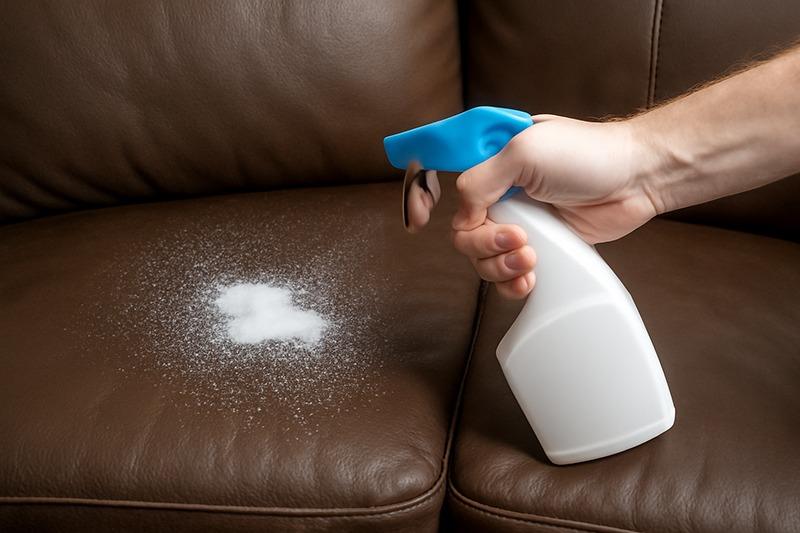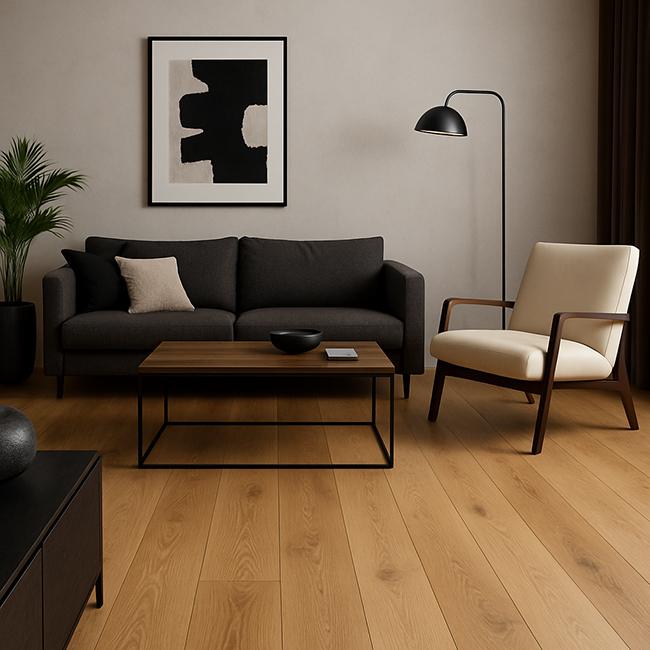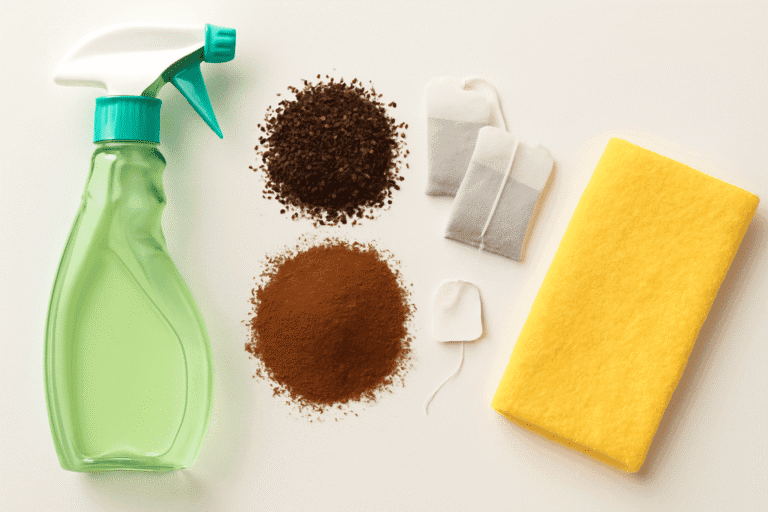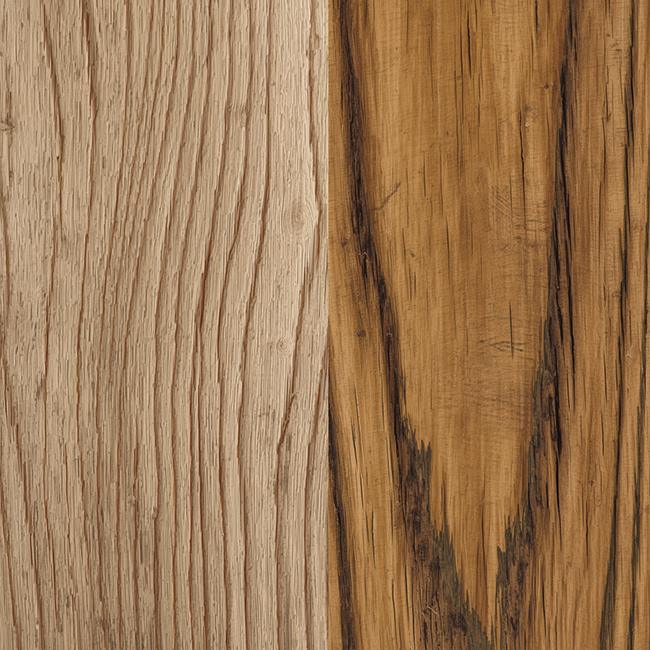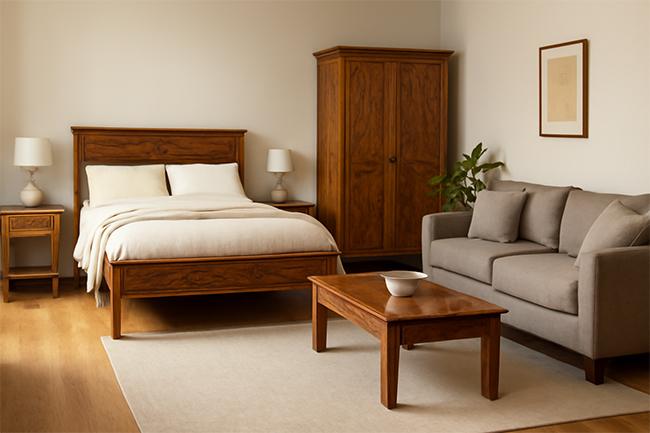Guide to deodorize Faux Leather and Remove Its Smells
Faux leather is stylish, affordable, and eco-friendly, but it can sometimes develop unpleasant odors. Whether from daily use or environmental factors, you don’t have to live with the smell! In this guide, we’ll explore easy and effective ways to deodorize faux leather and keep your items smelling fresh without damaging them.
if you also want o know that how to clean faux leather couch and sofa check out our guide.
Why Faux Leather is Popular for Furniture
Faux leather is a popular option for furniture, especially couches, because of its aesthetic appeal and practical benefits. It looks sleek, modern, and can come in a variety of colors and textures, adding a stylish touch to any living room.
eco-friendly alternative
Additionally, faux leather is considered an eco-friendly alternative. No animals are harmed in its production, which appeals to many people looking for cruelty-free furniture options.
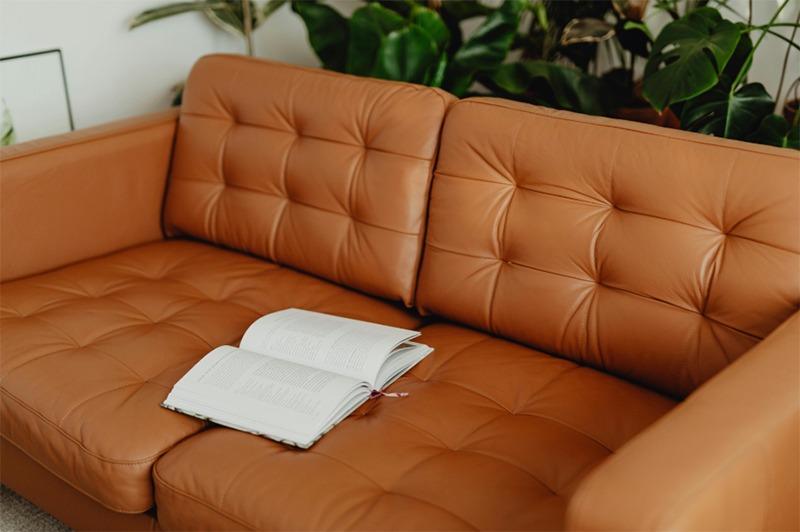
Why Does Faux Leather Develop Odors? and how to deodorize Faux Leather Couch?
Now, let’s talk about the elephant in the room: Deodorize faux leather, odors and smells. Yes, faux leather can sometimes develop smells that are less than pleasant.
First off, the synthetic nature of faux leather can lead to certain smells. New faux leather often has that strong, plastic-like or chemical odor. It’s not exactly the cozy, leather scent you might be hoping for.
Moisture, Pet Dander, and Food Residues in Faux Leather Furniture
Faux leather furniture is stylish, but it can trap moisture, pet dander, spills, and food residues over time. These particles can cling to the material, leading to lingering smells that are hard to eliminate.
The Impact of Spills and Residue on Faux Leather
Imagine spilling a bit of food or drink on your couch — even if you clean it up quickly, some of the residue might still stick to the surface, contributing to an unpleasant odor.
So, while faux leather can be a great choice for furniture, it’s not always immune to smells.
But don’t worry! There are several effective ways to deodorize your faux leather couch, and we’ll get to those in the next sections.
Identifying the Source of Odor in Faux Leather Couch
When dealing with odors in faux leather, it’s important to understand where they’re coming from.
There are a few common sources of unpleasant smells that can affect your couch. Let’s break it down.
Discover the best ways to clean faux leather upholstery
Moisture and Humidity
Moisture and humidity are major contributors to odors in faux leather. When there’s excess moisture in the air or from spills, it can seep into the material, creating a breeding ground for bad smells.
If your faux leather couch is placed in a humid room, the trapped moisture can linger, causing mildew or mold, which leads to unpleasant odors over time.
Pet Smells and Food Spills
Pets and food spills can also leave behind odors on faux leather. Pet fur, dander, and even the oils from their skin can seep into the material.
Similarly, food spills or sweat from your body can get absorbed into the surface, leading to lingering smells that can be tough to get rid of.
Plastic-like Smell
If your faux leather is new, you might notice a strong plastic or chemical-like smell.
This is completely normal, as it’s a result of the synthetic materials used to make the product. Over time, the smell should fade, but it can initially be off-putting.

Methods to Effectively Deodorize Faux Leather Couch
If your faux leather couch is smelling less than fresh, don’t worry! There are plenty of simple methods to deodorize it and get it smelling good again. Here are some easy and effective ways to tackle those odors.
One natural and eco-friendly method you can try involves using tea for cleaning. For more tips on how to incorporate tea into your cleaning routine, check out our detailed guide on How to Use Tea for Cleaning.
Baking Soda for Deodorize Faux Leather
How to Use: Sprinkle baking soda generously over the surface of your faux leather couch. Leave it for about 15–20 minutes and then vacuum it off.
Why It Works: Baking soda is great at absorbing odors and moisture, helping to eliminate any lingering smells. It’s a simple, natural solution that won’t harm your couch.
Vinegar and Water Solution
How to Use: Mix equal parts vinegar and water in a spray bottle. Lightly spray or wipe the solution over your couch.
Why It Works: Vinegar is a natural odor neutralizer. It works to neutralize strong odors without causing damage, making it perfect for faux leather.
Activated Charcoal and Silica Gel
How to Use: Place activated charcoal or silica gel bags near or inside your couch cushions.
Why It Works: Both activated charcoal and silica gel are moisture absorbers that help soak up odors. They work without any chemicals, keeping your couch fresh without the risk of damage.
Deodorize Faux Leather using Commercial Deodorizing Sprays
What to Look For: When choosing a deodorizing spray, make sure it’s safe for faux leather. You want something that won’t damage the material or leave it feeling greasy.
How to Apply: Lightly mist the couch and let it air dry. The spray will leave behind a fresh scent.
Why It Works: These sprays are specially formulated for faux leather and help to eliminate odors while leaving a pleasant fragrance.
Essential Oils (Optional for Freshness)
How to Use: Add a few drops of your favorite essential oil (like lavender, lemon, or tea tree) to a damp cloth and wipe it over your couch.
Why It Works: Essential oils not only give your couch a refreshing scent but also naturally deodorize the surface. Plus, they add a bit of freshness to the material.
| Method | How to Use | Why It Works | Effectiveness Level |
|---|---|---|---|
| Baking Soda for Neutralizing Odors | Sprinkle over the couch, leave for 15-20 minutes, then vacuum it off. | Absorbs odors and moisture, leaving a clean and fresh feeling. | High |
| Vinegar and Water Solution | Mix vinegar and water in equal parts, lightly spray or wipe the couch. | Neutralizes strong odors naturally and is safe for faux leather. | Medium |
| Activated Charcoal and Silica Gel | Place activated charcoal or silica gel near or inside the couch. | Absorbs moisture and odors without chemicals, helping to freshen up the couch. | High |
| Commercial Deodorizing Sprays | Choose faux-leather-safe sprays, lightly mist the couch. | Specially designed for faux leather, these sprays help eliminate odors without causing harm. | Medium |
| Essential Oils (Optional for Freshness) | Add a few drops of essential oils like lavender, lemon, or tea tree oil to a damp cloth and wipe over the couch. | Provides a natural fragrance while deodorizing and freshening the material. | Low to Medium |
Preventing Unpleasant Smells in Faux Leather Couch & upholstery
Once you’ve deodorized your faux leather couch, it’s time to keep it smelling fresh for the long haul. Here are some practical tips to prevent those unpleasant smells from returning.
Regular Fragrance Maintenance
To keep your couch smelling fresh, consider using essential oils or fragrance sachets on a regular basis.
A few drops of lavender, lemon, or tea tree oil on a cloth or using small sachets can help maintain a pleasant aroma. It’s an easy, natural way to prevent odors from building up.
Learn how to properly maintain your furniture for long-lasting results
Keep the Couch in a Well-Ventilated Area
Proper airflow is key when it comes to preventing smells from lingering.
Ensure your couch is placed in a well-ventilated area where air can circulate freely. This will help prevent moisture from getting trapped in the faux leather, which is one of the main culprits of unpleasant odors.
Avoid Spills
Spills are one of the biggest contributors to future smells.
Whether it’s food, drinks, or even sweat, these substances can seep into the faux leather and create lingering odors.
Try to avoid eating or drinking on the couch, and always clean up spills immediately to prevent them from settling into the material.
Use a Dehumidifier
A dehumidifier can work wonders for faux leather furniture.
By maintaining a dry environment, it helps prevent excess moisture from accumulating in the couch.
This reduces the chances of musty or moldy smells developing, keeping your couch fresh and odor-free.
Deodorize Faux Leather (Precautions)
When it comes to deodorizing faux leather, there are a few important precautions to keep in mind to ensure that the material stays in top shape.
Faux leather is a delicate material that can easily be damaged if the wrong products or techniques are used.
Here are some key precautions to consider:
Test First
Before applying any deodorizing solution, fragrance, or cleaner, it’s crucial to test it on a small, hidden area of the faux leather.
You want to ensure that the product won’t cause any discoloration or damage. A patch test is a simple and effective way to avoid any unpleasant surprises later.
Trust me, you don’t want to accidentally ruin your favorite faux-leather bag or couch just because you didn’t take a minute for this step.
Try it on an inconspicuous spot, wait for a while, and see how the material reacts. If it looks good, you’re safe to proceed.
Don’t Over-Saturate
When using any deodorizing spray or solution, less is more. Avoid over-saturating the faux leather. Too much moisture can cause the material to warp or become sticky.
Faux leather doesn’t handle excess water well, and it can leave behind unsightly residue or stains. A light, even application is all you need.
If you’re unsure, start with a small amount, and you can always add more if necessary. You want your faux leather to smell fresh, not soaked!
Avoid Strong Chemicals
harsh chemicals
Another key tip is to stay away from harsh chemicals or strong cleaners. Faux leather is more sensitive than real leather, and aggressive cleaning agents can break it down over time.
natural
Stick to natural, faux-leather-safe deodorizing options that are gentle but effective. Ingredients like vinegar, essential oils, or baking soda (when used carefully) can be a great, non-toxic option for deodorizing.
Want to learn more about natural and eco-friendly cleaning methods?
Check out our other blog on How to Clean Your Home with Natural Ingredients for more tips and tricks that will keep your home fresh and toxin-free!
These choices help maintain the integrity of the material while also leaving it smelling nice.
FAQs About Deodorize Faux Leather Couches
Deodorizing faux leather couches can be a bit tricky if you’re new to the material, but once you get the hang of it, it’s easy to keep your couch smelling fresh.
You can also check our detailed guide for cleaning faux leather
Here are answers to some common questions people often have about deodorizing faux leather.
Can I Use Vinegar to Deodorize Faux Leather?
Yes, vinegar is a safe and effective option for deodorizing faux leather. It helps neutralize odors without damaging the material. However, there’s one important thing to remember: always dilute the vinegar with water before using it. Too much vinegar can be too harsh on the faux leather, so a mixture of about 1 part vinegar to 3 parts water should do the trick. And, as always, make sure to do a patch test first! That way, you can be sure it’s safe for your couch.
How Often Should I Deodorize Faux Leather Couch?
The frequency depends on how often you use your couch. For a regularly used couch, I’d recommend a monthly deodorizing routine to keep things fresh. If your couch is in a more low-traffic area, you can do it less often. But, if you notice any odors building up, don’t hesitate to freshen it up sooner. A little maintenance goes a long way in extending the life of your couch.
What Can I Do if the Odors Persist?
If odors persist after a few deodorizing attempts, it might be time to try a combination of methods. For instance, you can use baking soda to absorb odors and then follow up with a commercial faux-leather deodorizer. Sometimes a mix of natural and store-bought solutions can work wonders. If that still doesn’t do the trick, consider professional cleaning—some stubborn odors may require more specialized treatment.
Is it Safe to Use Commercial Deodorizing Products on Faux Leather?
Yes, it’s generally safe to use commercial deodorizing products on faux leather, but only if they are specifically designed for this material. Faux leather is more sensitive than real leather, so you want to avoid products that contain harsh chemicals or ingredients that could break down the material. Always check the label to make sure the product is safe for use on faux leather, and test it on a small area first.
How Long Should I Wait for the Couch to Dry After Deodorizing?
After deodorizing your faux leather couch, it’s essential to let it air dry completely. Faux leather can absorb moisture, which can lead to mold or mildew if not allowed to dry properly. Leave the couch in a well-ventilated area and give it plenty of time to dry. You don’t want to risk any moisture lingering, as it can damage the material and create new problems down the line.

